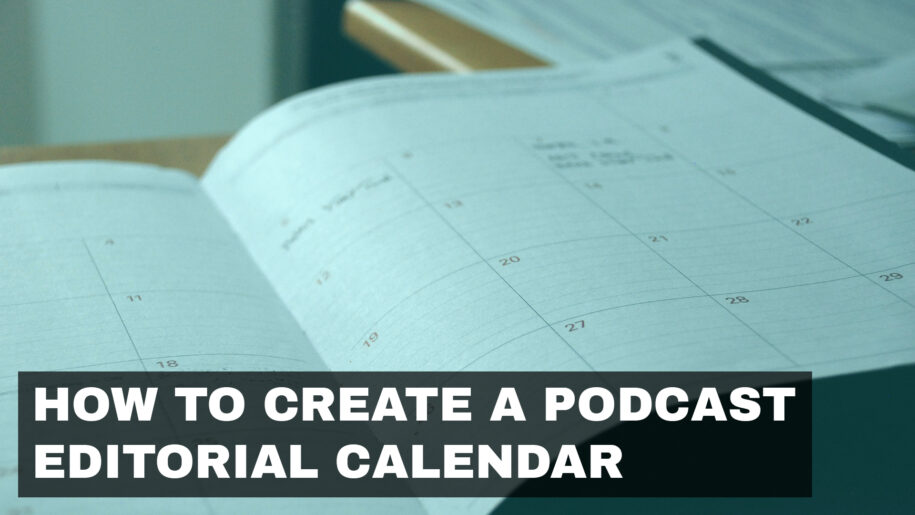Creating a podcast editorial calendar is a game-changer for podcasters who want to stay organized, consistent, and strategic with their content. An editorial calendar helps you plan your episodes in advance, ensuring you never miss a publishing deadline and always have fresh, engaging content for your audience. Here’s a step-by-step guide on how to create a podcast editorial calendar.
1. Understand the Benefits of an Editorial Calendar
Before diving into the creation process, it’s essential to understand why an editorial calendar is crucial for your podcast’s success.
Key Benefits:
- Consistency: Regularly publishing episodes builds trust with your audience.
- Organization: Keeps all your content ideas, notes, and deadlines in one place.
- Planning: Allows you to strategically plan content around themes, seasons, and events.
- Collaboration: Facilitates better coordination with co-hosts, guests, and production team.
2. Define Your Podcast Goals
Your podcast goals will shape your editorial calendar. Determine what you aim to achieve with your podcast to guide your content planning.
Key Steps:
- Identify your target audience.
- Set specific goals (e.g., increase listener base, boost engagement, monetize).
- Determine the frequency of your episodes (weekly, bi-weekly, monthly).
3. Brainstorm Episode Ideas
Generate a list of potential episode topics that align with your podcast goals and audience interests.
Key Steps:
- Research trending topics in your niche.
- Ask your audience for suggestions and feedback.
- Review past episodes for ideas that can be expanded or updated.
4. Choose Your Editorial Calendar Tool
Select a tool that suits your workflow and preferences. There are various digital tools and templates available to create your editorial calendar.
Popular Tools:
- Trello: Offers boards, lists, and cards for visual planning.
- Google Calendar: Great for scheduling and sharing with your team.
- Airtable: Combines spreadsheet and database functionalities.
- Asana: Excellent for project management and task tracking.
5. Create a Content Schedule
Outline your content schedule, including publication dates and deadlines for each episode. This schedule will serve as the backbone of your editorial calendar.
Key Steps:
- Set publication dates for each episode.
- Assign deadlines for tasks like research, scripting, recording, editing, and promotion.
- Include key dates such as holidays, special events, and industry milestones.
6. Develop a Detailed Episode Plan
For each episode, create a detailed plan that includes the topic, key points, guests, and any other relevant details.
Key Elements:
- Episode Title: Create a compelling title that attracts listeners.
- Episode Description: Write a brief summary outlining the episode’s content.
- Guest Information: Include details and contact information for any guests.
- Research and Resources: List any research materials, sources, and links.
- Script/Outline: Prepare a script or outline to guide the recording.
7. Incorporate Marketing and Promotion
Plan your marketing and promotional activities for each episode to ensure maximum reach and engagement.
Key Steps:
- Schedule social media posts, including teasers, episode releases, and follow-ups.
- Plan email newsletters to notify your subscribers about new episodes.
- Identify opportunities for cross-promotion with other podcasts or influencers.
- Set reminders for creating promotional graphics, audiograms, and other assets.
8. Review and Adjust Regularly
An editorial calendar is a dynamic tool that should be reviewed and adjusted regularly based on performance and feedback.
Key Steps:
- Schedule regular check-ins to review upcoming episodes and deadlines.
- Analyze the performance of past episodes to refine your content strategy.
- Be flexible and make adjustments as needed to stay aligned with your goals and audience interests.
Creating a podcast editorial calendar is essential for producing consistent, high-quality content and staying organized. By planning ahead, you can strategically align your episodes with your goals, engage your audience more effectively, and ensure a smooth production process.


